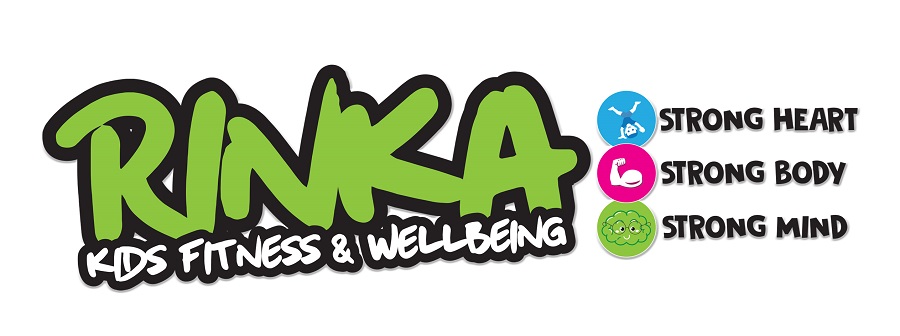Firstly, let’s look at what puppy fat actually is. Expecting weight gain to miraculously disappear when a child hits adolescence or takes a growth spurt, could unfortunately lead to a variety of health problems for them. A five year study of over 5,000 children conducted by the British Medical Journal discovered that weight issues start before children hit their teenage years and that children who are carrying excess weight at age 11 will continue to carry it through adolescence.
The same study noted that children who are obese rarely go on to achieve a normal body weight (without action) therefore dispelling the myth that puppy fat is any different to obesity.
So how do you know if your child is in fact overweight for their age?
Your first port of call is to have their BMI measured. You can do this online, with a school nurse or with your GP. Professor Paul Gately, professor of exercise and obesity at Leeds Beckett University, said the BMI calculator is the best indicator of obesity, adding the likelihood of an inaccurate result in children is very low.
Another simple measure is to keep an eye on what size clothes your child is wearing. If they are wearing clothes that are designed for a much older child, it would be a good idea to have a chat with your GP. Obviously this guide won’t work in respect to height as a tall child may need an older sizing for leg length but that doesn’t suggest obesity.
A raised waist circumference along with a high BMI is also a good indicator of obesity.
What can I do to help them?
If you have determined that your child is overweight, no not react in a knee-jerk way. Remember, it took time for your child to gain weight and it will take time for them to lose it.
Do not discuss weight with your child. You do not want to create insecurities or feelings of worthlessness or embarrassment. Instead, take a positive, proactive approach.
Limit screen time, encourage outdoor play, increase daily activity amounts and ensure access to healthy foods, forget to fill up the sweet drawer and fill up the fruit bowl instead!
It is a good idea for families to introduce new routines and healthy habits together as a whole. This prevents a child from feeling excluded or as if they’ve done something wrong by gaining weight. The trick is to make changes without your child knowing!
Try not to think of it as weight loss for your child but more about changing behaviours and habits for everyone in your house and weight loss will follow.

